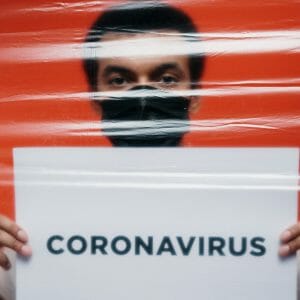
Coronavirus Symptoms: What should I look out for?
Coronavirus (COVID-19) is an infectious disease which has spread for rapidly and so far it has turned into a pandemic. COVID-19 is an illness which can affect your lungs and airways. So, you might be wondering what are the coronavirus symptoms and how do you know if you have it?
Most people infected with the virus will experience mild to moderate respiratory illness. After this, they will recover without requiring hospital treatment. Although, there are many people who are at higher risk than others who could end up with much more serious problems if they catch it. This includes older people and those who have underlying conditions.
Coronavirus Symptoms: What are they?
The coronavirus affects people in different ways, some people will develop more serious problems than others. Some will need hospital treatment, and some will be able to just rest at home.
Although, unfortunately around this time of year it is normal for people to have a common cold due. So this can confuse people to whether or not they have mild symptoms of the virus.
According to the World Health Organisation, the main symptoms of the coronavirus are:
- fever – if you have a temperature you will feel hot to touch on your chest or your back. You do not need to measure your temperature although if you feel it is necessary, a thermometer is what you should use.
- tiredness – if you are experiencing extreme levels of fatigue, you should call 111 and seek advice on what your symptoms could be.
- dry cough – if you have a new, continuous dry cough this is one of the main symptoms. If you are coughing a lot more than usual in an hour or more you should isolate.
But, although they are the main symptoms, others may symptoms include:
- shortness of breath
- aches and pains
- sore throat
- and very few people will report diarrhoea, nausea or a runny nose
What To Do If You Experience Any Of These Symptoms:
People who are experiencing mild symptoms who are otherwise healthy should self-isolate and contact their medical provider or a COVID-19 information line for advice on testing and referral.
People with fever, cough or difficulty breathing should call their doctor or call 111 to seek medical attention.
